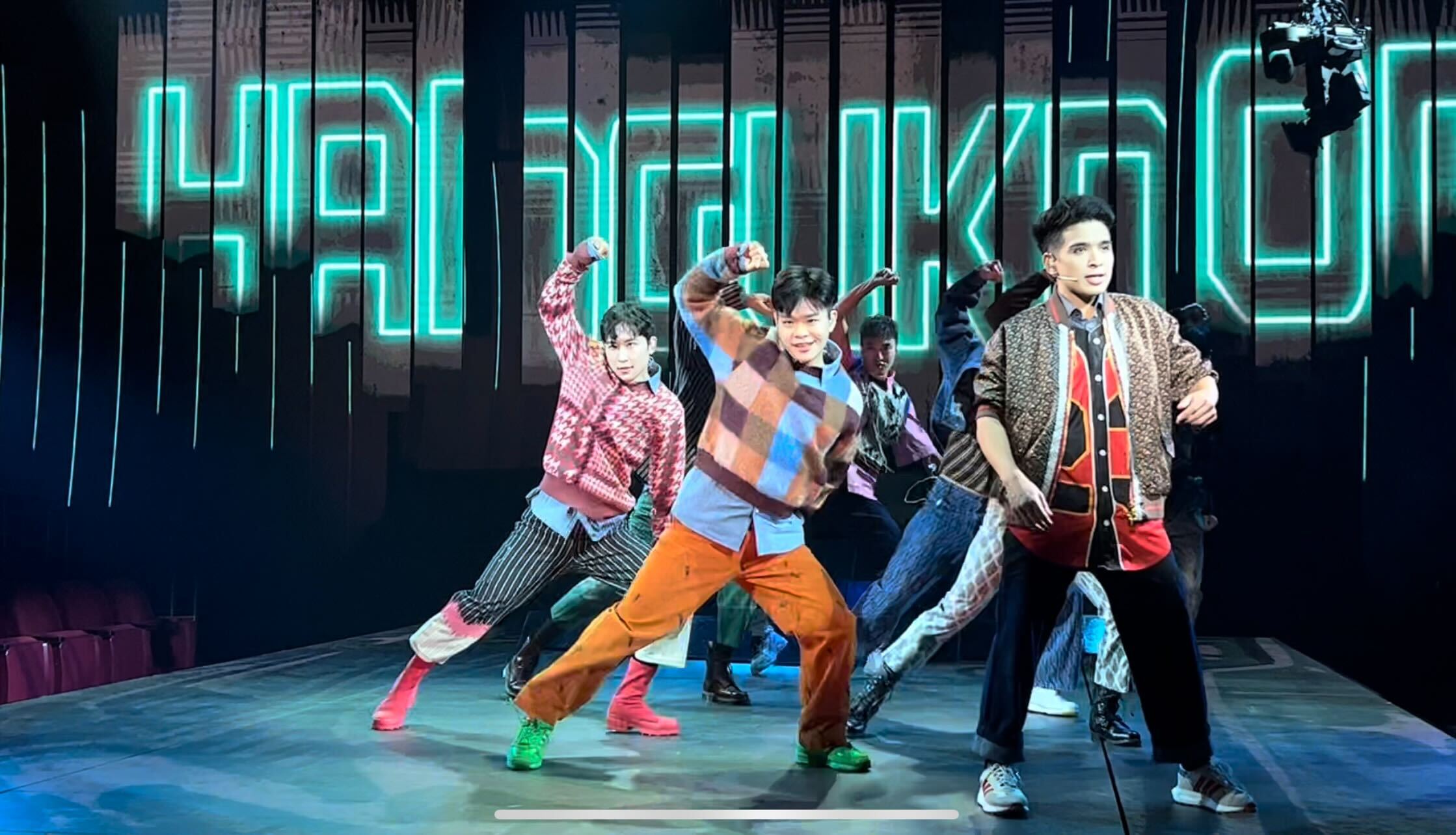A Broadway musical is at the center of a controversy after an audience member was shamed in the middle of the show, called out by an actor for using what she thought was a cellphone to record the show.
The only problem? She wasn't recording the show, and it wasn't even a cellphone.
"Hadestown" is a Broadway favorite, but the production and its star, Lillias White, are getting called out for what went down Wednesday night.
"I was sitting in the front row of 'Hadestown' tonight, and Lillias White not once but twice — at least — reprimanded me from the stage because she thought my captioning device was a recording device," said Samantha Coleman, who is hard of hearing and was using a closed captioning device, in a video posted to Instagram after her experience.
Coleman said she was using a sanctioned closed captioning device to help her understand and enjoy the show. It was provided by the theater, but White mistakenly thought she was using it to record.
Get Tri-state area news delivered to your inbox. Sign up for NBC New York's News Headlines newsletter.
"The people who need to use these devices need to feel comfortable seeing a Broadway show. And not be met with shame and embarrassment and anxiety," Coleman said.
Closed captioning technology for theaters has advanced in the last few years. All Broadway theaters and productions are equipped with some form of it, according to the nonprofit TDF, which has helped the theater world become more inclusive.
"Loving theater is so important to people with hearing loss feel included in that wonderful live experience. There are so many options now available," said TDF Accessibility Programs Director Lisa Carling.
Caroline Itzkoff, another theater-lover who is also hard of hearing, says it’s essential.
"Having those devices is really like a key to understanding what everybody else is already able to just walk through the door and find," said Itzkoff. "We have to go that extra step and make sure we have the captioning that can help us fill in the missing gaps."
The Jujamcyn Theaters says they reached out to Coleman to apologize, telling NBC New York, "We have a commitment to accessibility in all forms. The incident yesterday is a reminder that this is an ongoing process needing constant revisiting and renewal. We are reviewing our policies and internal protocols to ensure this doesn’t happen again."
Coleman said she knows it was likely an honest mistake, but it still left a mark.
"I don’t think this is inherently her malice. I think it’s a misunderstanding, but we still need to talk about it," she said.
"Hadestown" has offered Coleman tickets to come see the show again. Folks in the hearing loss community say they are sorry she went through this, but they are grateful it’s being discussed so that more productions on Broadway will embrace the new technology and the people who use it.



